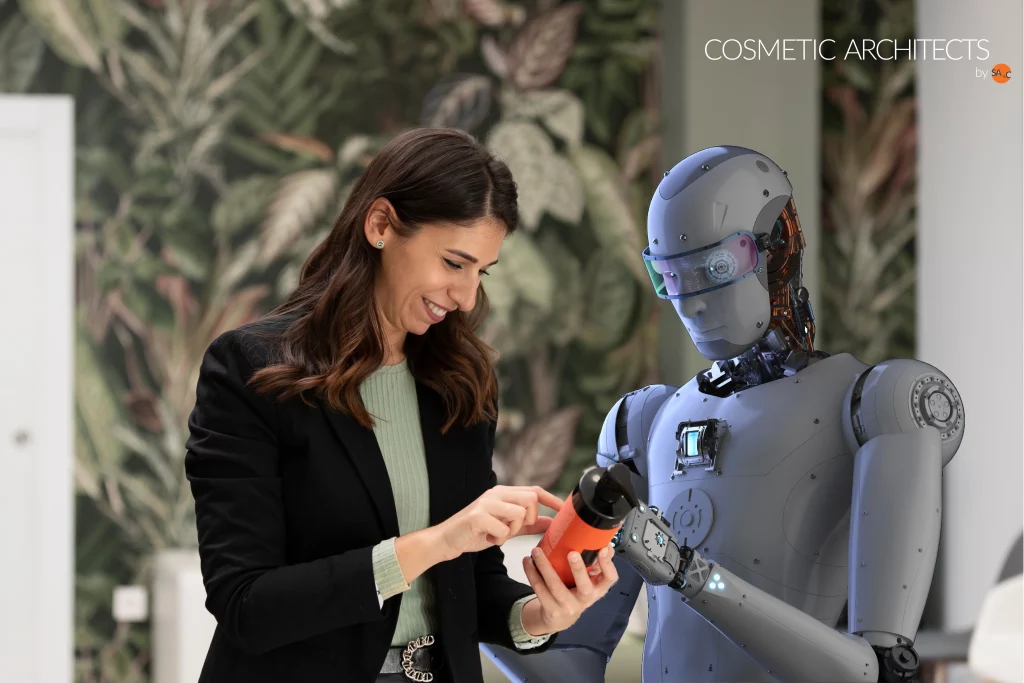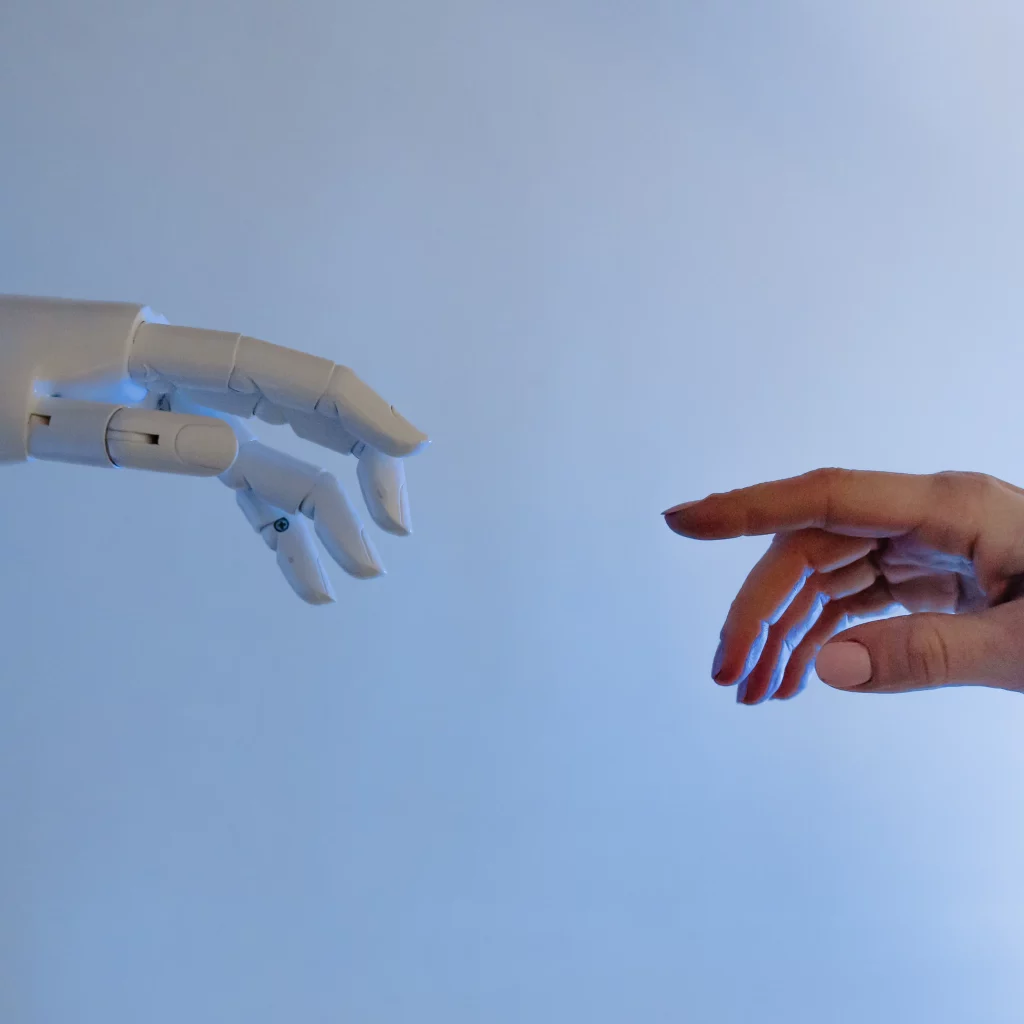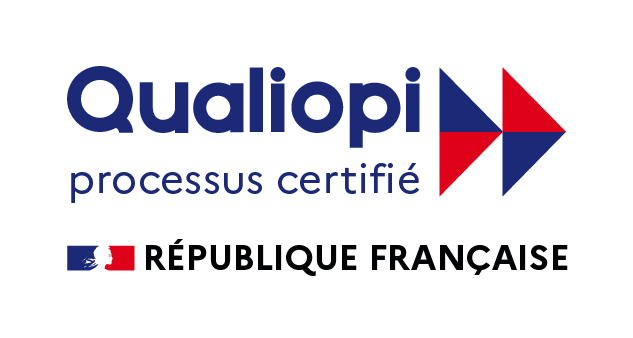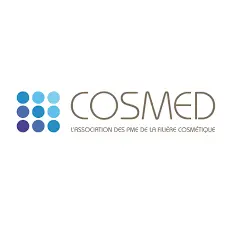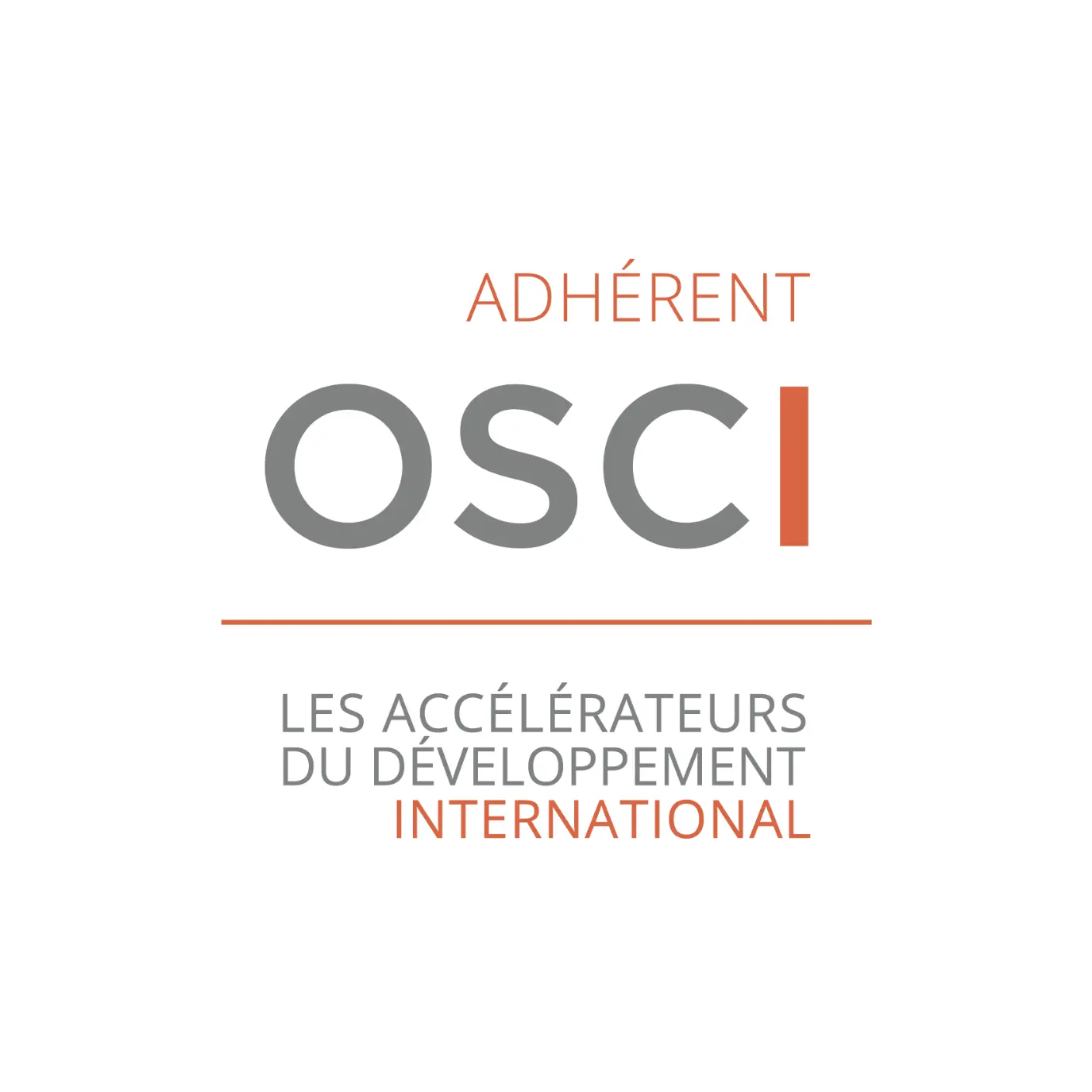Chapter 2
CUSTOMER EXPERIENCE
AI Transforming The Cosmetics Industry
Evolution and adaptation are the name of the game to remain relevant in the beauty industry. Well-being & self-care have been leading the trends for a long time now, and AI came to take it a step further.
Diagnostics & DermaCare
An example of this is CUSTOM.ME, a Korean brand from the group Amorepacific leader in Dermatologic R&D, offers the consumer an AI driven skin diagnosis to manufacture bespoke products adapted to their diagnostic. The skincare products then act both as beauty and wellbeing solutions for everyone. Without AI, this process of diagnosis and manufacturing would not be possible in the timeframe that today’s clients are expecting. This also gives Amorepacific R&D department considerable advantage in identifying the most common skin problems people face and offer solutions that are needed in the market.
As we delve deeper into diagnostics and self-care, all areas of the beauty industry are reinventing the customer experience. Such is the case of beauty salons, and the brands that cater to them. Indeed, scanning the customer’s scalp allows the beauty professional to personalize solutions in real time, as is the case of the Kérastase K-Scan, or Nodesign’s Hair Rituel Analyzer, and in a more complete approach, HairCoSys’ Hair Care Check.
Customer experience is paramount, and it’s the reason why brands are constantly innovating and changing with the times. Problems that have been always present now take center stage and take a big part of the market. Such is the case of common skin conditions such as acne. Acne is the most common skin condition thus making it a priority in dermatology to create a comprehensive global system of classification of the different ways this condition manifests on the skin . However, in the absence of such system, aside from the GEA that is adapted to each region, brands are creating AI powered diagnostic tools based on a skin scan from their clients. Such is the case of the EFFACLAR SPOTSCAN from the French brand La Roche Posay. Others have opted for AI powered skin scans that consider all skin conditions, such as redness, hydration, undereye bags, etc. to give their clients personalized skincare routines using their products Such is the case of Cetaphil’s AI Skin Analysis, as well as Vichy’s CONSULT SCAN.
However easy these tools are to access (only scanning a QR code and take a selfie), they do not replace dermatological care, but rather give directions to the consumer as to the attention they should prioritize for their skin. Dermatologists are algo developing their own pre-diagnostic AI powered tools, such as the AI Dermatologist app that allows patients to analyze any skin abnormalities they may have on their face or body.
Blurring the line between dermatological care and self-care, the beauty industry’s preconceptions on strategy are being challenged. The general approach based on demographic information has become almost obsolete. Paradoxically, technological advancements have brought the individual to the main stage, in all its complexities and uniqueness. Today, brands cannot only have an approach based on a determined group of people, their target has now become the individual. AI is facilitating this approach by treating data in real-time, but one should not forget that people are still driving the car.
Accessibility & Inclusivity in Beauty & DermaCare
Since the beginning of the COVID pandemic, innovation for at home care has skyrocketed. Our routines have been changed, and working from home is a privilege that has expanded so much, that innovations never cease to offer the optimum comfort directly at your place. The beauty industry is no exception.Blurring the line between dermatological care and self-care, the beauty industry’s preconceptions on strategy are being challenged. The general approach based on demographic information has become almost obsolete. Paradoxically, technological advancements have brought the individual to the main stage, in all its complexities and uniqueness. Today, brands cannot only have an approach based on a determined group of people, their target has now become the individual. AI is facilitating this approach by treating data in real-time, but one should not forget that people are still driving the car.
Brands have been using AI to introduce themselves into your homes in a seamless way, offering the option of getting pampered without having to leave the comfort your home offers.
This is the case of services inviting themselves to your comfort zone; such is the case of Nimble Beauty that bring your manicure to you.
Physical accessibility is not the only criteria being challenged by AI solutions. Financial accessibility to these services has also been taking leaps. Projects such as Renude have mastered AI to adapt your skincare to your budget and give you a bespoke experience adapted to your budget.
Robotics, machine learning and AI are progressing exponentially in all areas. For beauty, this means on the go solutions such as Clockwork manicure stations & Luum eyelash solution.
Finally, inclusivity plays a major role in the bespoke process. Thus far, we have seen many brands using technology to closely match skin tones to already existing makeup products such as foundation & powders. However, AI takes it a step further and helps brands like Dcypher to create the product from scratch to match the customer exactly.
As it stands, AI is taking bespoke to the next level whether it is for the customer’s well-being, comfort, or self-care, AI is giving brands an opportunity to be as close to their customers as possible. This strategy makes the customer create a specific demand, to be delivered in a timely manner by technology empowered brands.
Marketing
Beauty brands are incessantly innovating with AI, although marketing deserves its own AI series, here are a two examples of client AI powered customer engagement tools that are “thinking ahead”: Guerlain and the Bee Bottle, Kate’s Kate Zone.

